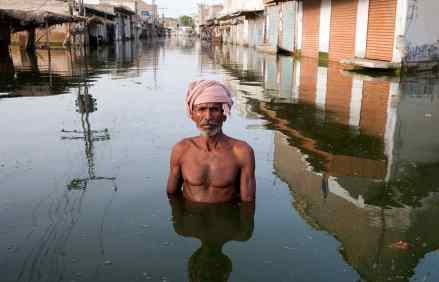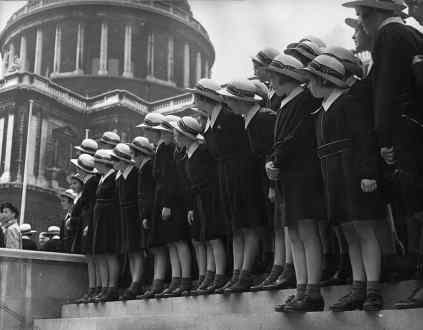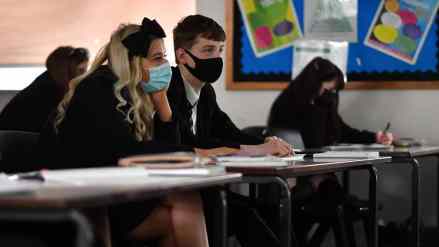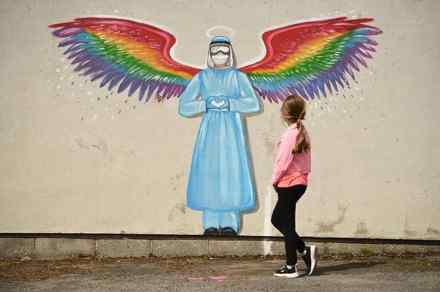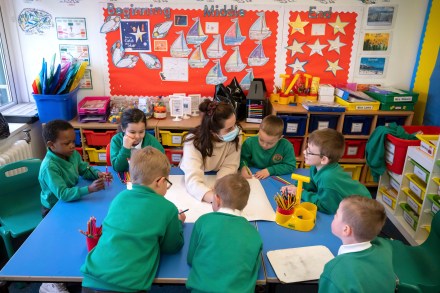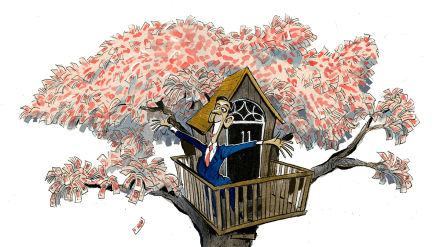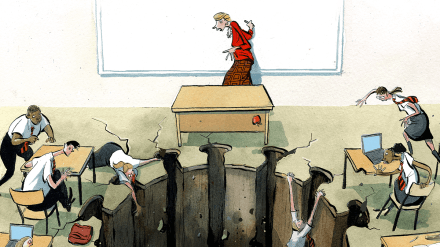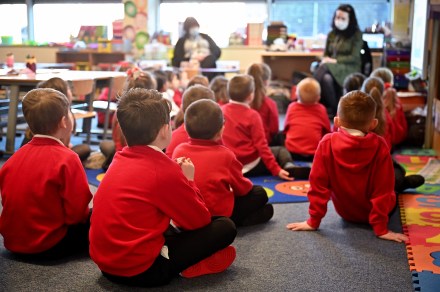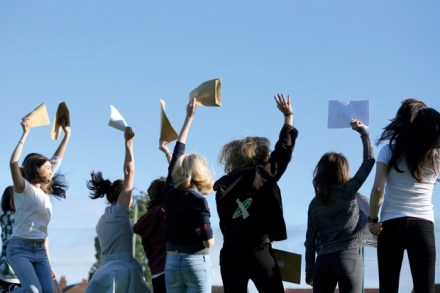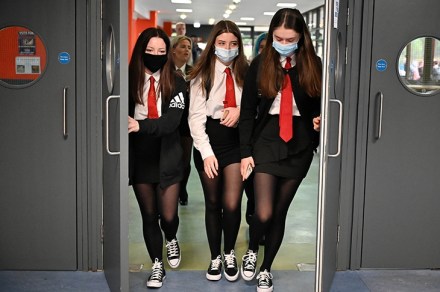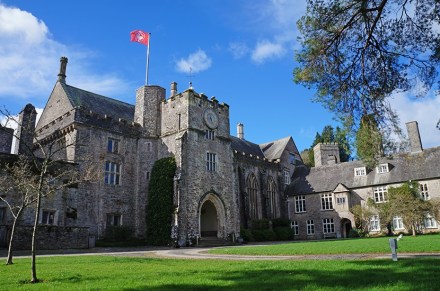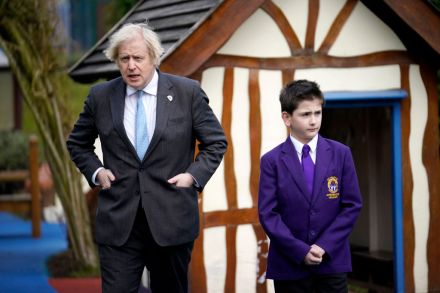The courage of Katharine Birbalsingh
Five years ago, I put my friend Nell Butler in touch with Katharine Birbalsingh, Britain’s most outspoken headmistress. I was hoping Nell, who runs a TV production company, would persuade Katharine to let ITV make a documentary about Michaela, the free school she opened in 2014 and which she’s led ever since. I was director of the New Schools Network at the time, a free schools charity, and was convinced there could be no better advertisement for the controversial educational policy. At the time, Michaela had yet to be inspected by Ofsted and didn’t have any exam results, but knowing Katharine as I do, and having visited the school a



